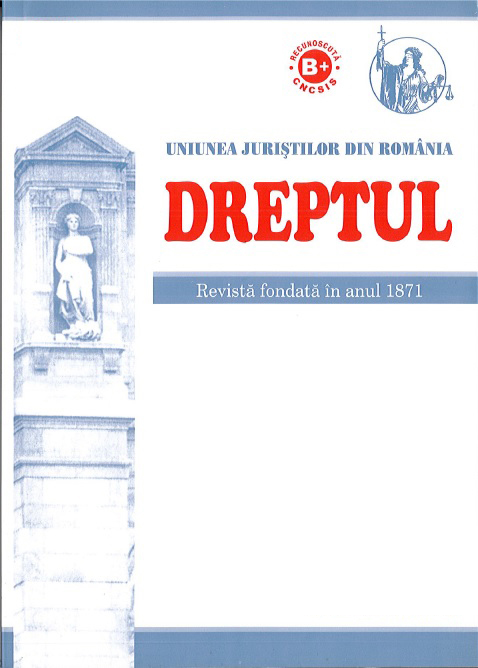The unpredictability involves the intervention of the judge in a contractual legal relationship. Intellectual property can be considered a „laboratory” in which the intervention of the judge in the agreement of the parties has always been allowed. Without any connection with the unpredictability, in patent law there are legal mechanisms that allow the court to intervene to complete the contract regarding the quantum of the price in order to encourage the exploitation of the invention. In this hypothesis, the parties agree to contract, they do so, setting even the object of the contract, less the sale price. In other cases, the parties are obliged to contract by law, the court being required to intervene in the contractual mechanism established by law to determine the price. In Romania it cannot be argued that under the influence of the previous Civil Code the legislator has ruled on the non-application de plano of the unpredictability and that he would have been in favour of its application in certain special laws, such as the one from the field of intellectual property, because the reason for the judge’s intervention in the agreement of the parties is to favour the exploitation of intellectual creations, encouraging creativity. In the new Civil Code the conditions of the unpredictability are: 1. the existence of an excessive onerosity caused by an exceptional change (out of the ordinary, and not an ordinary one, simple or routine) and unforeseen (unpredictable), including as extension, of the circumstances existing at the conclusion of the contract. Excessive onerosity represents a contractual imbalance in relation to the initial contractual balance, which must exist as long as neither of the parties’ benefits can have a significantly higher value than the other, in the light of the regulation of the injury in the new Civil Code.


